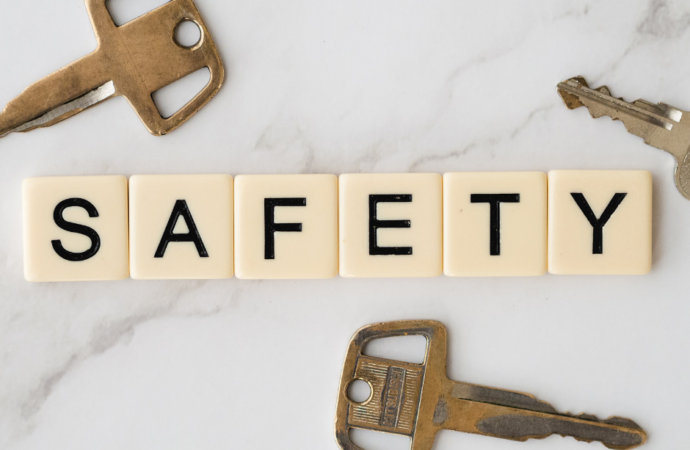AI Enhanced Monitoring and Surveillance
One of the significant contributions of AI to food safety lies in its ability to enhance monitoring and surveillance systems. Traditional methods often fall short in detecting potential hazards promptly. However, AI-powered systems can analyze vast amounts of data in real time, enabling early detection of anomalies that could indicate contamination or other safety concerns. By continuously monitoring factors such as temperature, humidity, and bacterial presence, AI algorithms can preemptively alert stakeholders to take corrective action, thereby preventing potential foodborne illnesses.
Predictive Analytics for Risk Assessment
Predictive analytics is another area where AI is revolutionizing food safety. By analyzing historical data, AI algorithms can predict potential risks and vulnerabilities in the food supply chain. This proactive approach allows stakeholders to implement preventive measures to mitigate risks before they escalate into full-blown crises. Whether it’s identifying high-risk areas for contamination or predicting shelf-life expiration dates, AI-driven predictive analytics provide invaluable insights that enable more effective risk management strategies.
Streamlined Supply Chain Management
AI technologies are streamlining supply chain management processes, thereby improving food safety and traceability. Through the use of blockchain and other distributed ledger technologies, Artificial Intelligence can track the journey of food products from farm to fork with unprecedented accuracy and transparency. This level of traceability not only enhances food safety by enabling swift recalls in case of contamination but also builds consumer trust by providing full visibility into the origins and handling of food products.
Quality Control and Assurance
Ensuring the quality and integrity of food products is essential for maintaining consumer confidence. AI-powered systems are revolutionizing quality control and assurance processes by automating inspection tasks that were previously labour-intensive and prone to human error. From visual inspections of food products to monitoring production processes in real-time, AI-driven quality control systems can identify deviations from standards with unmatched precision, ensuring that only safe and high-quality products reach the consumer.
Empowering Regulatory Compliance
Compliance with food safety regulations is a critical aspect of ensuring public health and safety. AI technologies are empowering food companies to stay ahead of regulatory requirements by automating compliance tasks and facilitating documentation processes. By continuously monitoring regulatory changes and updating compliance protocols accordingly, AI systems enable food companies to adapt quickly to evolving standards and regulations, reducing the risk of non-compliance penalties and reputational damage.
Conclusion
The integration of Artificial Intelligence in the food industry represents a paradigm shift in how food safety is managed and maintained. By leveraging the power of AI-driven technologies, stakeholders across the food supply chain can enhance monitoring and surveillance, implement proactive risk management strategies, streamline supply chain processes, improve quality control and assurance, and ensure compliance with regulatory requirements. Ultimately, the widespread adoption of AI in food safety holds the promise of a safer, more transparent, and more resilient food system for consumers around the globe.
 Food Manifest
Food Manifest 















Leave a Comment
Your email address will not be published. Required fields are marked with *